A Future-Proof Career: Innovating with the Master of Science in Semiconductor Technology and Operations
5 Feb 2025
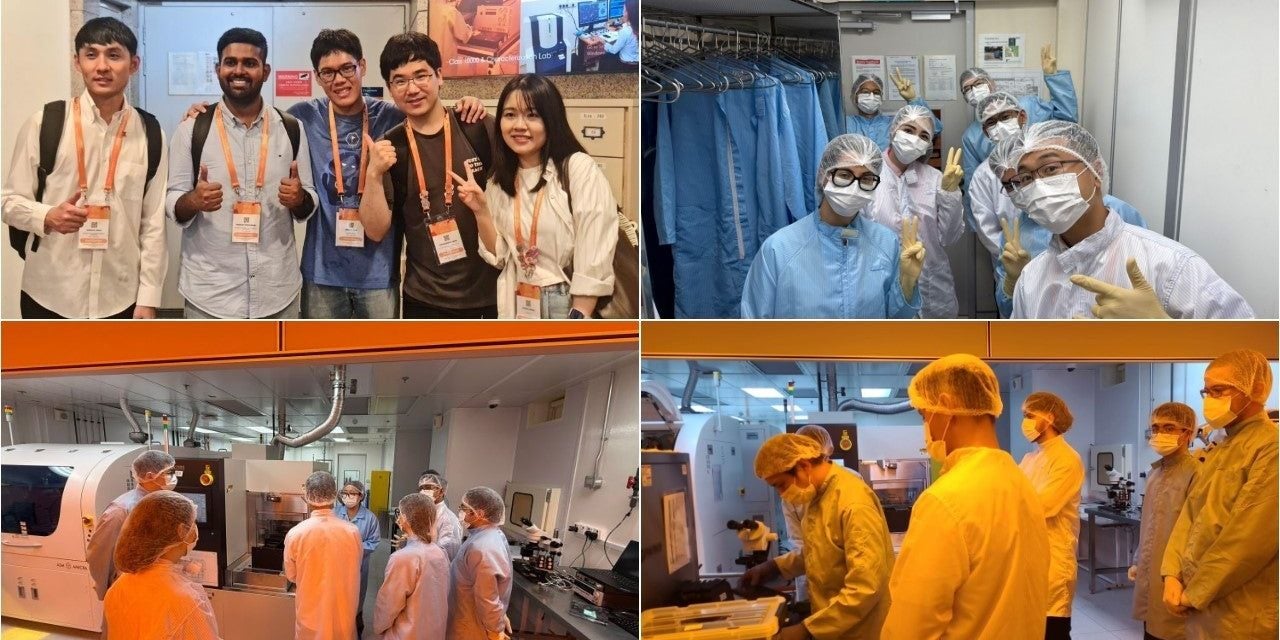
In a world increasingly powered by semiconductors, the need for skilled leaders in this sector has never been greater. From advanced chip design to strategic supply chain management, the Master of Science in Semiconductor Technology and Operations (MSc STO) programme is a gateway to a future-proof career in one of the world’s most dynamic industries.
Professor Lim Yeow Kheng, the Programme Director of MSc STO, shared insights into what makes this programme the perfect opportunity for students aiming to thrive in the globally integrated field of semiconductors.
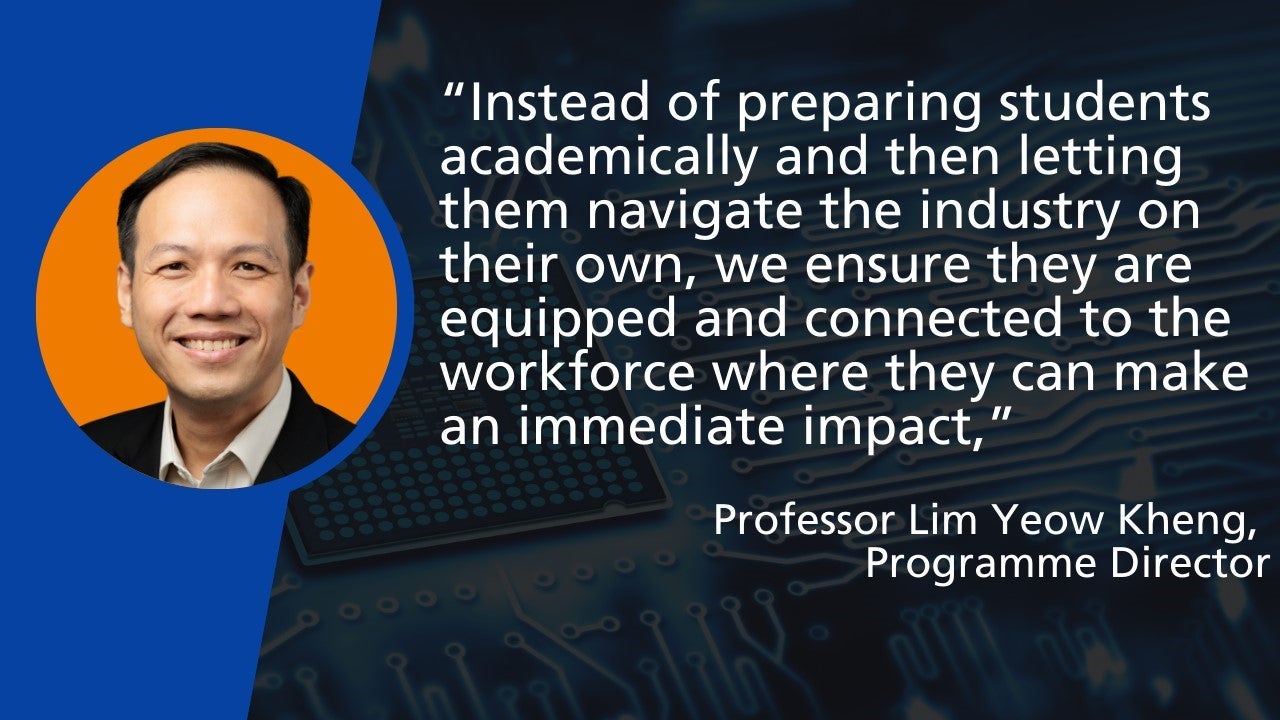
Insights on Crafting Future Innovators
Professor Lim Yeow Kheng is a seasoned leader with extensive experience in semiconductor technologies and advanced microelectronics. As a faculty member in the Department of Electrical and Computer Engineering, Prof Lim has been at the forefront of innovation in the field, contributing to cutting-edge research and industry collaborations. Under his leadership, the MSc STO programme has been meticulously crafted to address the evolving needs of the global semiconductor industry while nurturing the next generation of industry leaders.
When asked about a notable trait of the programme, Prof Lim replied, “Instead of preparing students academically and then letting them navigate the industry on their own, we ensure they are equipped and connected to the workforce where they can make an immediate impact.”
“Instead of preparing students academically and then letting them navigate the industry on their own, we ensure they are equipped and connected to the workforce where they can make an immediate impact.”
Singapore: A Global Semiconductor Powerhouse
Singapore ranks among the top five players in the global semiconductor market, with revenue projected to reach US$49.06 billion by 2025. The country’s strategic investments in advanced manufacturing, coupled with government support from the Economic Development Board (EDB), make it a vibrant hub for semiconductor innovation. This thriving ecosystem offers abundant career opportunities, from cutting-edge R&D to leadership roles in global supply chain operations. Established industry leaders such as Micron and TSMC are expanding their presence in Singapore, further solidifying the nation’s standing as a semiconductor hub.
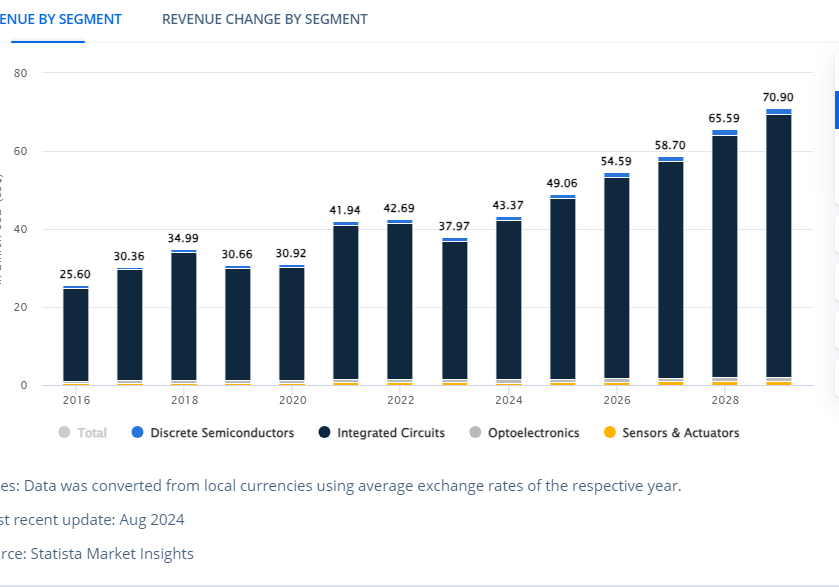
Prof Lim emphasised that the MSc STO programme positions students to capitalise on these opportunities, equipping them with technical expertise, infrastructure investment knowledge, and strategic decision-making skills critical to the industry. Students also benefit from access to state-of-the-art facilities like the E6NanoFab and Singapore Hybrid-Integrated Next-Generation μ-Electronics (SHINE) Centre, providing hands-on experience with industry-grade tools and equipment. The E6NanoFab, for instance, offers a full 8-inch wafer fabrication capability, advanced stealth dicing, and failure analysis tools. SHINE’s cleanrooms complement this with a 120-square-metre class 10k cleanroom and a 320-square-metre dry lab equipped with tools for heterogeneous integration and Si-based research.
Shaping Tomorrow’s Leaders in Semiconductor Technology
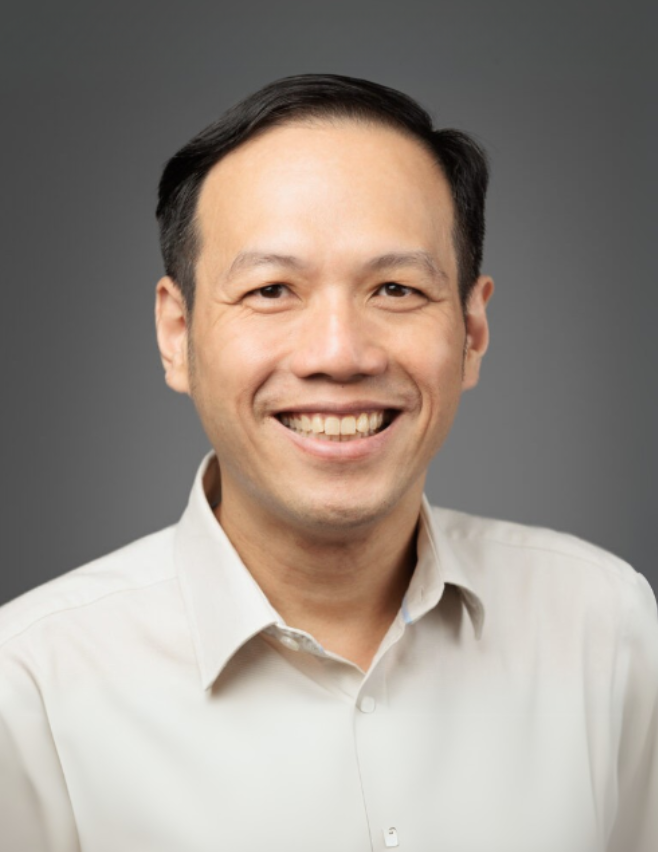
Professor Lim Yeow Kheng
is a seasoned leader with extensive experience in semiconductor technologies and advanced microelectronics.
“The MSc STO isn’t just another graduate programme. It’s a launchpad for leadership in the semiconductor industry,” shared Prof Lim. Developed in collaboration with leading industry players and anchored by NUS’s world-class faculty, the curriculum is tailored to meet real-world industry needs. Students gain a holistic understanding of semiconductor technology, from materials and manufacturing processes to business strategy and supply chain management.
Practical experience is at the heart of the programme. Internships with top semiconductor companies such as Micron, Infineon, GlobalFoundries, TSMC, Applied Materials, and SOITEC allow students to work on industry-relevant projects, applying their classroom knowledge to solve real-world challenges. Beyond academics, the programme provides unparalleled career guidance, connecting students with industry leaders and paving the way for internships and full-time roles. This emphasis on employability ensures that graduates are not just skilled but also highly sought-after by employers.
For those with a vision for long-term growth, the programme also provides pathways to pursue fully funded PhD opportunities, offering a seamless transition from the classroom to advanced research and innovation.
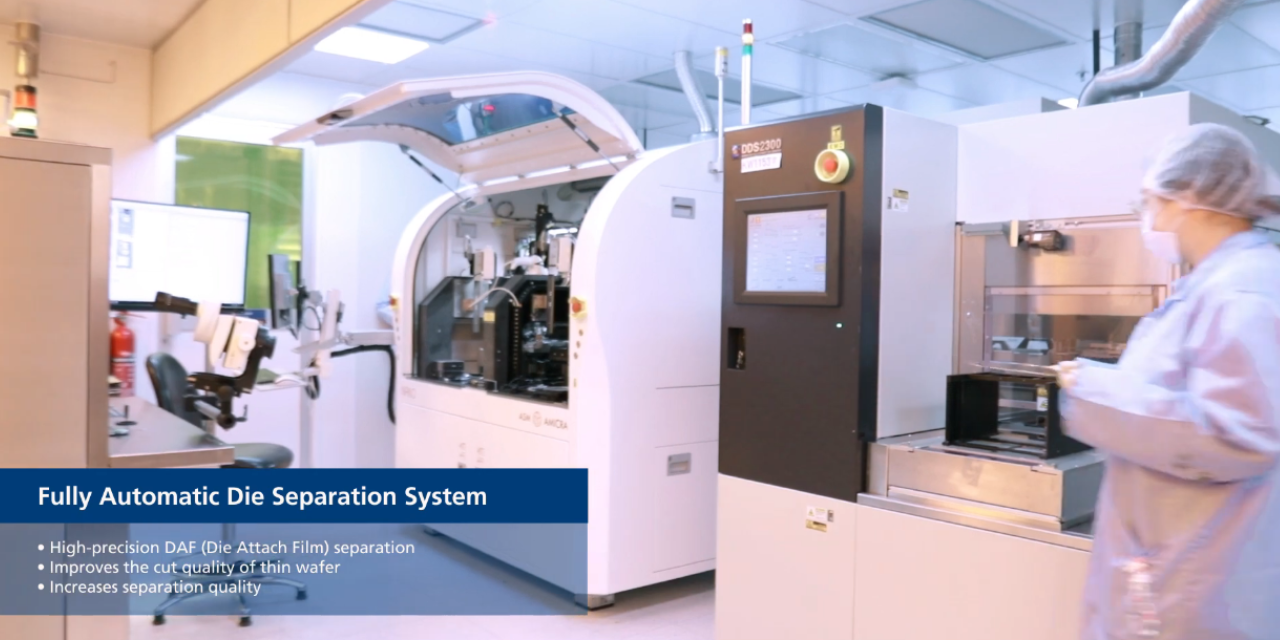
Global Relevance to Enable Global Impact
The MSc STO programme goes beyond preparing students for roles in Singapore. Its curriculum is designed to address the needs of the global semiconductor industry. With courses covering semiconductor materials, manufacturing, packaging, and testing, alongside modules on supply chain management and strategic decision-making, graduates are equipped with versatile expertise that applies to international markets.
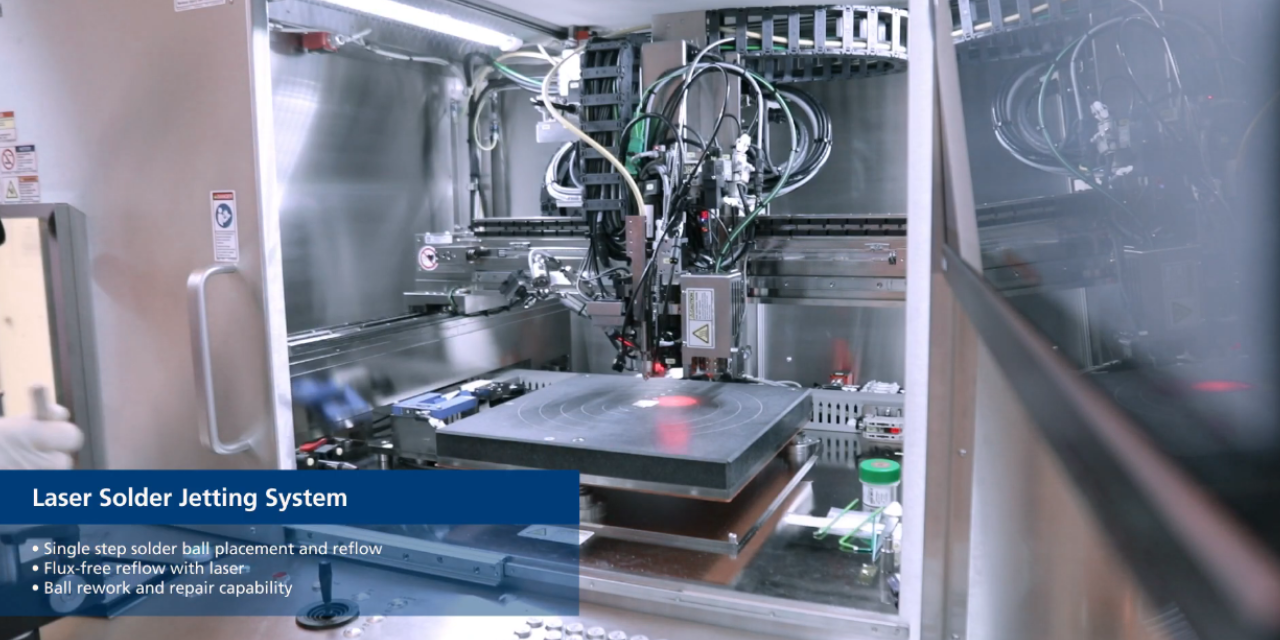
Additionally, students are exposed to the complete lifecycle of semiconductor technology—from design and development to manufacturing and innovation cycles. This comprehensive approach ensures that graduates not only understand local market trends but are also ready to tackle challenges in major semiconductor hubs worldwide.
Unlock Career Opportunities in the Semiconductor Industry
Students looking to advance their careers or pivot into the semiconductor industry will find the MSc STO programme an ideal platform to unlock their potential. With strong ties to industry, world-class facilities, and an emphasis on employability, the programme prepares graduates to drive innovation and create impactful solutions in a global industry.
While the initial batch comprises 28 students, the August 2025 intake will expand significantly, offering more than 100 spaces for aspiring semiconductor professionals.
The MSc STO is jointly offered by the Department of Electrical and Computer Engineering, Department of Materials Science and Engineering, Department of Industrial Systems Engineering and Management, and Singapore Hybrid-Integrated Next-Generation μ-Electronics (SHINE) Centre.
Read More
Department of Electrical and Computer Engineering ▏Department of Materials Science and Engineering ▏Department of Industrial Systems Engineering ▏Singapore Hybrid-Integrated Next-Generation μ-Electronics (SHINE) Centre ▏Master of Science (Semiconductor Technology and Operations)
Back to Scholar Insights to read more stories about CDE graduate programmes
College of Design and Engineering, NUS
Blk EA #06-16
9 Engineering Drive 1
Singapore 117575


